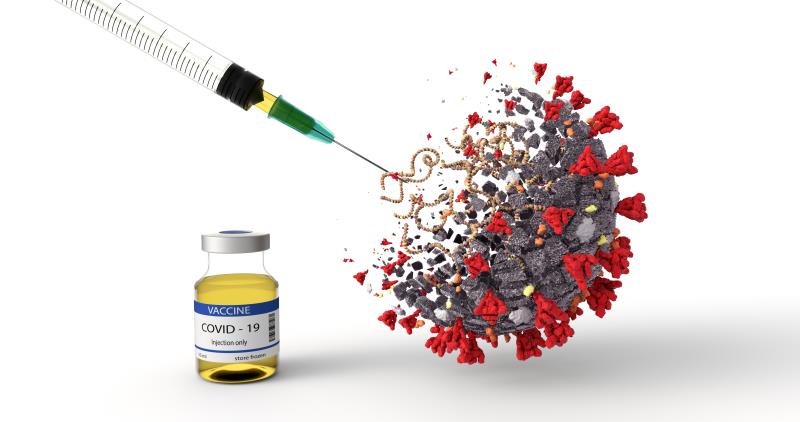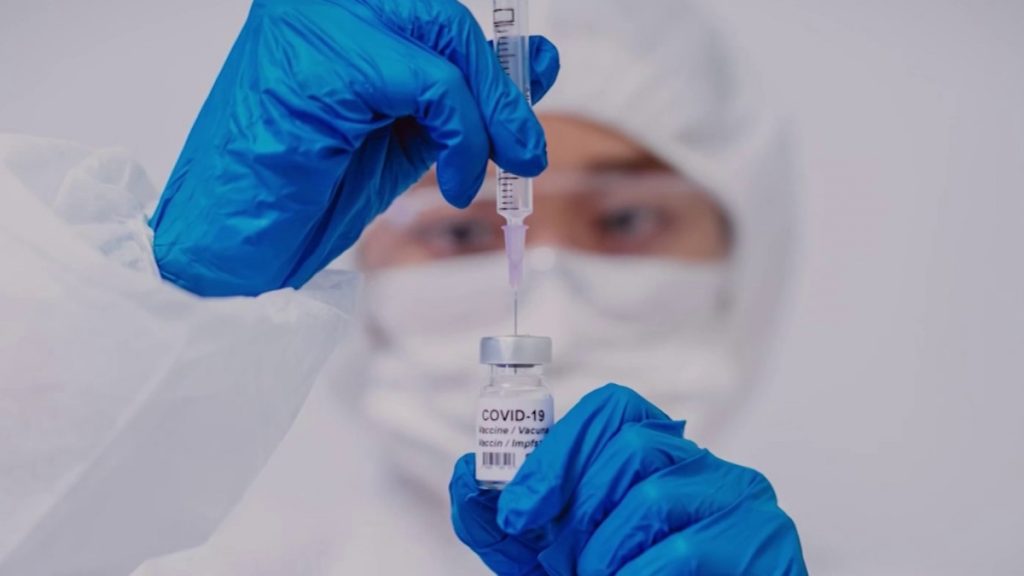Neville D’Cunha
Associate Professor
International Relations & Diplomacy
Faculty of Administrative Sciences & Economics
TISHK International University – Erbil, Iraq
Introduction
12020-2021 has been a nightmarish experience for the whole Global society. Rapidly, the virus has made its home in the body of millions of people in different countries around the world. 2The coronavirus that started in the city of Wuhan, China, according to WHO, on December 31, 2019, which is where it got the name COVID-19, followed its natural course, ignoring borders, and destroying lives and livelihoods across the globe, turning into a global pandemic.
3Under the shadows of ignorance and arrogance, the governments across the world took their responsibility seriously to save their citizens’ lives and, despite many failures, they have done a commendable job. Several world leaders, including former US President Donald J. Trump and Prime Minister Boris Johnson of Britain, contracted the virus during the uphill battle to mitigate its spread within their borders, proving even the most powerful could fall to the virus’ grip. 4Throughout this time, I have been holed up in Kurdistan. As an Indian-Kurdish philosopher and university professor, I have been a witness to the successful steps taken by the Kurdistan Regional Government (KRG) to save the lives of both citizens and aliens living within its jurisdiction.
The Race for Vaccine: Science on the Forefront to Defeat the Virus
5Scientists across the world are working to understand severe acute respiratory syndrome-coronavirus 2 (SARS-COV-2), the virus that causes coronavirus disease 2019 (COVID-19). The coronavirus pandemic has led to the unprecedented mobilisation of an industry whose role is key in this crisis: scientific research. The journal Nature estimated that by March 12, 2020, some 900 studies had already been conducted on a virus that was not even known three months earlier. I briefly review the milestones science is reaching and the challenges still to be met in the battle against this global health threat.
6One of the achievements of science in the battle against SARS-CoV-2 is the development of the first diagnostic test in less than three weeks from the date of the WHO’s announcement of the outbreak in China. Presently, there are already hundreds of diagnostic tests on the market or in development. 7The most widespread tests are based on the detection of the genes of the virus by Polymerase Chain Reaction (PCR). Serological tests, which detect antibodies against the virus in the blood, are particularly important. They make it possible not only to diagnose the sick, but also to detect who has recovered from the infection even without symptoms. Other tests are also coming on stream with the aim of lowering the cost and speeding up the diagnosis.
8A second approach is to create drugs that interfere with the vital proteins of the virus. One study has revealed the structure of the main protease that SARS-CoV-2 uses to process the proteins that build new viral particles, along with that of an inhibitor that can block this function and prevent the virus from reproducing. One possible strategy is to use plasma from people who have been infected and have recovered, and whose antibodies can help the ill fight against the virus. 9The best strategy is to make use of drugs already employed against other conditions and which may show effectiveness against the new virus. The advantage of drugs already approved for other illnesses is that repositioning them for use against COVID-19 is faster than the approval of a new drug.
10Even if progress in treatment succeeds in effectively combating the disease, epidemiologists stress that the end of SARS-CoV-2 lies in obtaining a vaccine. Creating a vaccine is of vital importance in fighting COVID-19. Scientists from several countries including the United States, Europe, China, Singapore and India are working towards developing vaccines — an area that would benefit immensely from collaboration. India could become an important link in this collaborative chain, given its experience in developing cost-effective vaccines resulting in the eradication of diseases like smallpox and polio. 11The three vaccine frontrunners are those developed by Pfizer/BioNTech, Moderna and Oxford/AstraZeneca. Pfizer and Moderna have both developed RNA vaccines – a new approach that is incredibly quick to design. They inject a tiny fragment of the virus’s genetic code into the body, which starts producing part of the coronavirus and pushes the body to mount a defense. The Oxford vaccine is subtly different as it uses a harmless virus to carry the same genetic material into the body.
India’s Initiatives to serve Global Society
12For over two decades, India has earned a reputation for being the ‘pharmacy of the world’ thanks to its strong generic pharmaceutical industry, which supplies affordable and quality medicines to the global market. India has emerged as a major supplier of COVID-19 vaccines with a strategic partnership with Serum Institute of India (SII), the world’s largest vaccine manufacturer by number of doses. 13In June 2020, SII entered into a licensing agreement with British-Swedish biopharmaceutical company, AstraZeneca, to supply one billion doses of the Oxford University COVID-19 vaccine to middle- and-low-income countries.
14While organizing a COVID-19 vaccine roll-out, the Indian government announced an elaborate ‘vaccine diplomacy’ strategy of providing vaccines to most of its neighbours and other developing countries. India’s neighbors, Bangladesh, Bhutan, Maldives, Nepal, and Sri Lanka have benefitted from vaccine supplies as part of India’s development cooperation initiative. Afghanistan, the Seychelles, Myanmar, and Mauritius are also expected to be beneficiaries. 15India has agreed to supply 10 million vaccine doses to Africa and one million to UN health workers under the COVID-19 Vaccines Global Access (COVAX) facility coordinated by the Global Alliance for Vaccines and Immunizations (GAVI). 16Several other countries, including Mongolia, Oman, Philippines, Bahrain, and Dominican Republic have been included in India’s ‘vaccine assistance’ program. India is using its soft power to assist developing countries, a role that it has increasingly been playing as a development partner.
Workers unload cartons of the vaccine produced by India’s Serum Institute in Yangon on Jan. 22.
Photographer: AFP/Getty Images
17India’s vaccine sharing policy stands out given the alarming increase in ‘vaccine nationalism’. According to Duke University’s Global Health Institute, a group of advanced countries, accounting for only 16 per cent of the world’s population, have secured 60 per cent of the global vaccine supplies for themselves. 18Canada heads the list of ‘vaccine nationalists’, having secured vaccine supplies nearly ten times its population, while the United States has stocked enough doses to vaccinate every citizen well over six times. Other countries securing vaccine supplies well beyond their domestic requirements are Australia, Chile, the United Kingdom, and members of the European Union. But India is sharing its available vaccine supplies with several countries, while also ensuring that domestic demand is met.
19Unsurprisingly, global vaccine supplies have been seriously affected, as every country tries to overcome the pandemic-induced crisis. Several studies caution that low vaccine availability, especially for smaller countries, will prolong recovery and trigger significant increases in global inequalities. 20A Rand Corporation study has concluded that if low and low-middle income countries (LLMICs) are unable to adequately immunise their populations, high income countries (HICs) will be severely impacted. A recent study commissioned by the International Chamber of Commerce observes that the equitable distribution of vaccines is in the economic interest of every country, especially those that mostly depend on trade.
Conclusion
21In October 2020, India took the initiative to ensure the accessibility and affordability of COVID-19 related vaccines, medicines, and products through a proposal to the World Trade Organization (WTO). Ten other countries that have since supported India’s noble proposal to serve the global society, argued in favor of granting waivers from commitments to implement or apply four forms of intellectual property rights, so that these critical products and technologies are widely available. 22India’s initiatives to make vaccines widely available to developing countries, together with growing evidence of the benefits from making COVID-19 vaccines accessible, suggests that during a pandemic, medical products must be treated as global public goods.



